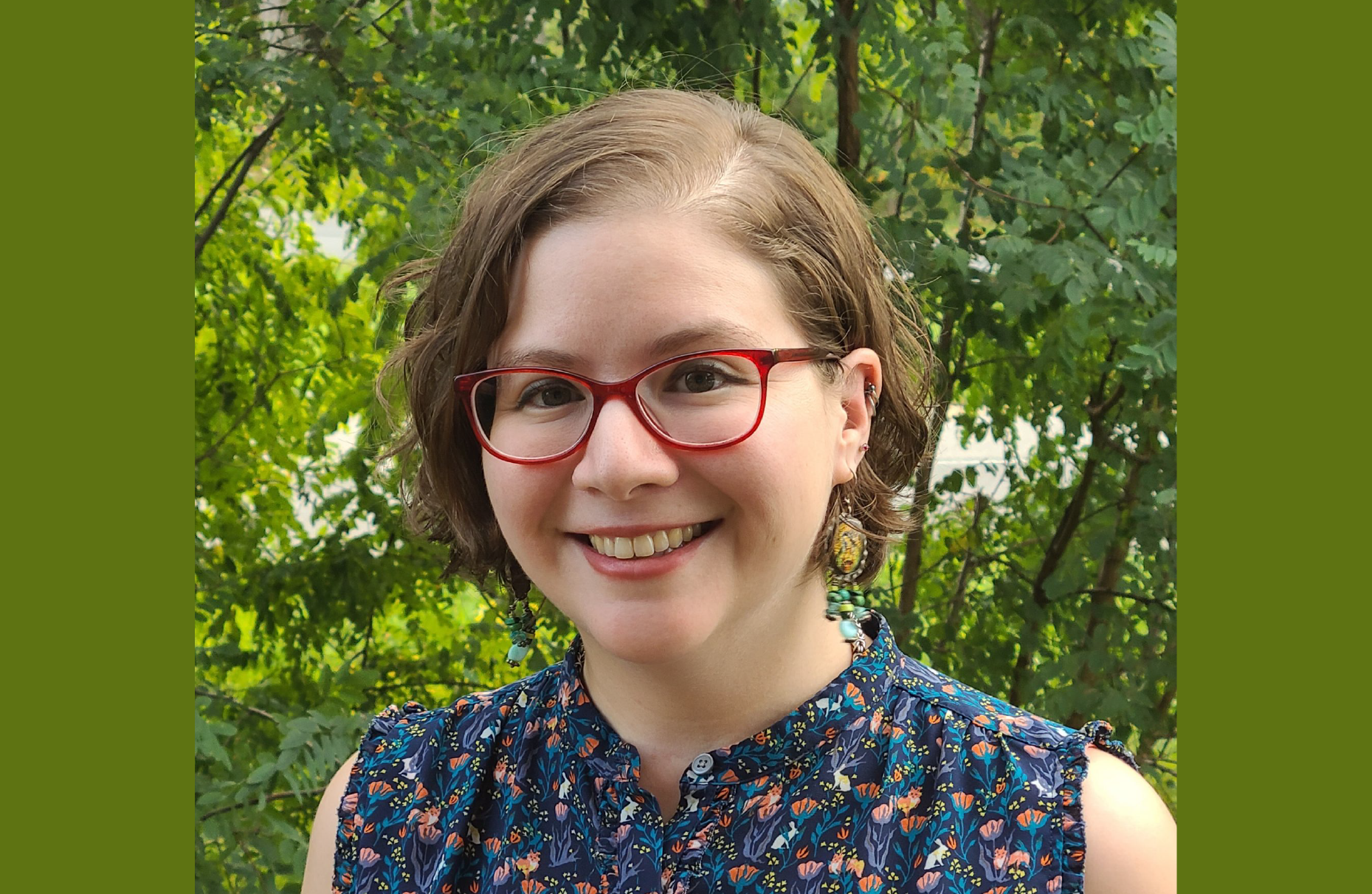Specters of Survival and Persecution: Ghost Smuggling Ballads, Hauntology, and the Undocumented Migrant Experience
Many ghost stories utilize themes of apparitions and haunting to elicit terror, warning listeners to abide by moral codes. However, since 2007, a phenomenon of Mexican corrido (ballad) composition, which I define as ghost smuggling ballads, shares a collective ghost story meant to elicit hope, narrating transborder encounters with the ghost of Saint Toribio Romo, an apparition who smuggles undocumented migrants across the U.S.-Mexico border. Saint Toribio, also called the Holy Coyote (Smuggler), was a priest killed in Jalisco during the 1926-1929 Cristero Rebellion, an armed revolt against the Mexican government in response to anticlerical laws. The Catholic Church canonized Saint Toribio in 2000 but has never recognized him as the patron saint of immigrants, a title bestowed on him by migrants. Those unable to risk the pilgrimage back to Saint Toribio’s shrine utilize corridos as musical votives that they share on YouTube, a space that defies geopolitical borders. Building on my ethnographic study of ghost smuggling ballads in Mexico and on social media, I analyze how these corridos transcend temporal and physical boundaries, marked by multiple hauntings beyond Saint Toribio’s ghostly intercessions. I explore how folkloristics evident in corridos reveal a secondary canonization bestowed by migrants, venerating Saint Toribio as both a Catholic and folk saint whose mission evolved decades after his death. Rooted in immigration politics and cultural memory of religious persecution, ghost smuggling ballads contribute to Saint Toribio's increasing transborder devotion, transforming the role of the coyote into a “divine companion” (Hagan 2008) of the migrant journey. Additionally, inspired by Derrida’s concept of “hauntology” (1993), I explore how these corridos – a musical tradition most associated with Mexico’s Revolutionary past – embody remnants of past traumas and inherited memory of religious persecution that haunt the current struggles of undocumented migrants. Additionally, I examine how such hauntings extend to the experiences of undocumented migrants forced to live invisibly as “ghost workers” (Horton 2016) to avoid apprehension and survive.
Dr. Teresita Lozano is an Assistant Professor of Musicology and Ethnomusicology at the University of Texas Rio Grande Valley. A native of the El Paso, Texas – Ciudad Juárez, Chihuahua borderland, Dr. Lozano engages in research that explores the relationship between music, migration, religion, cultural memory, and identity. Her current monograph project centers on musical and religiopolitical manifestations of the undocumented migrant experience in the U.S.-Mexico transborder region. She has presented her research at multiple conferences, seminars, and symposia in the Americas and Europe. A passionate advocate for musical and community activism, she has served as a performer and Borderland music specialist for projects in public education and immigrant rights movements, including Motus Theater’s UndocuMonologues. Prior to her position at UTRGV, she served as a Post-Doctoral Fellow in Ethnomusicology at West Virginia University. She was previously awarded the prestigious Charlotte Newcombe Doctoral Dissertation Fellowship for research centered on religion and ethics. She is also an alumna of the Smithsonian Institution’s Latino Museum Studies Program where she worked in residence as a graduate fellow for the National Museum of the American Latino (formerly the Smithsonian Latino Center). She maintains a professional performance career as a flutist and vocalist in diverse global traditions. Dr. Lozano holds a BME with an emphasis in flute from Baylor University and a Ph.D. in Ethnomusicology (Musicology) from the University of Colorado Boulder.
This year's Distinguished Lecture Series has been curated by the second year Musicology PhD cohort with the goal of spotlighting innovative, interdisciplinary scholarship and work taking place across the sonic spectrum. The DLS strives to offer opportunities to discuss cultural practices and approaches that may be excluded from traditional conversations within the music academy.
2023–2024 Organizing committee:
Morgan Bates (they/them/theirs)
Emmie Head (she/her/hers)
Michele Yamamoto (she/her/hers)



